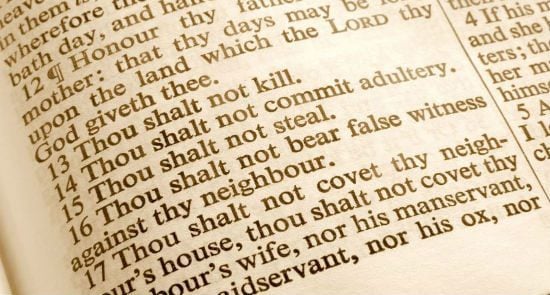

Yet they were all put to the sword by “the Lord’s army.” Thirty-one cities slaughtered with no terms of surrender offered and no chance to relocate to another land. Among them were babies and toddlers, mothers and fathers. These were human beings who lived, loved, and had families. I suspect that’s how most people read these stories today.īut when I grew up, I reread these stories and began to think about the humanity of the Canaanites. Who doesn’t enjoy reading about how the walls of Jericho “came tumbling down”? Behind each story was the idea that God was fighting on behalf of his people. They were epic battles with great story lines and heroic figures. The stories didn’t trouble me at that time. I was fourteen years old when I first read the Book of Joshua. I suspect that most people who read the Bible either don’t think about this, gloss over these sections, or skip them altogether. In the end, the entire population of thirty-one city-states was utterly destroyed. Then they devoted to destruction by the edge of the sword all in the city, both men and women, young and old, oxen, sheep, and donkeys.” After the destruction of Jericho, next would come the people of Ai, then the people of Makkedah and Libnah and Lachish and Eglon and Debir-every man, woman, and child slaughtered and dedicated to God. In Joshua 6:20b–21, you can read about what this looked like as the Israelite army entered the town of Jericho: the Israelites “charged straight ahead into the city and captured it.

This is sometimes translated as “ban”-a word that in this context means “given to God by complete destruction.” The classic Brown-Driver-Briggs Hebrew and English Lexicon notes the meaning of the word in English is “to exterminate.” It also has the sense of devoting something to God by completely destroying it. The Hebrew word for “annihilate” has as its root herem (also transliterated as cherem or sometimes charam). You shall annihilate them-the Hittites and the Amorites, the Canaanites and the Perizzites, the Hivites and the Jebusites-just as the Lord your God has commanded.” In Deuteronomy 20:16–18, Moses gives these instructions: “As for the towns of these peoples that the Lord your God is giving you as an inheritance, you must not let anything that breathes remain alive. God instructed the Israelites to kill every man, woman, and child among these Canaanites. This is problematic enough, but God wasn’t asking the Israelites to forcibly relocate them to other lands. God promised Israel that he would give them this land, but to do so these people had to be displaced. At the time the Israelites entered the land to conquer it, Canaan was populated with small city-states or kingdoms made up of various ethnic groups speaking similar languages. Genocide in the name of God.I’ll mention one last category of scriptures related to the violence of God: those that describe the conquest of Canaan.

David makes a decision that does not please God, and God kills 70,000 Israelites for it? How could this action ever be reconciled with a God of mercy, compassion, justice, and love? The punishment for David’s sin: “The Lord sent a pestilence on Israel from that morning until the appointed time and seventy thousand of the people died” (2 Samuel 24:15). The prophet Gad was sent to David to announce God’s displeasure with the taking of the census. In 2 Samuel 24, we find that King David decided to take a census of the men of fighting age. At times, the punishment he dispenses seems particularly harsh, unjust, and disproportionate. God’s anger and wrath.In the Old Testament, God’s anger repeatedly burns against his people for their disobedience. Among these are sacrificing to a god other than Yahweh (Exodus 22:20), persistent rebelliousness on the part of a child (Deuteronomy 21:18–21), a child who hits or curses his or her parents (Exodus 21:15 and 17), working on the Sabbath (Exodus 35:2), premarital sexual intercourse (Deuteronomy 22:13–21), and the requirement for a priest to burn his daughter alive if she became a prostitute (Leviticus 21:9). The death penalty.There are numerous “crimes” for which God, through the Law of Moses, requires the death penalty.


 0 kommentar(er)
0 kommentar(er)
